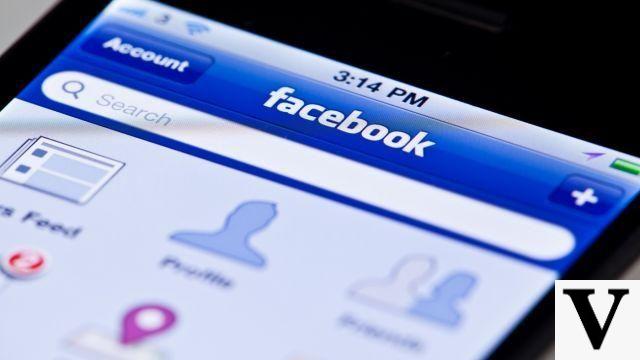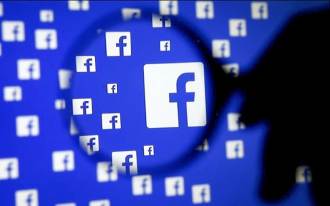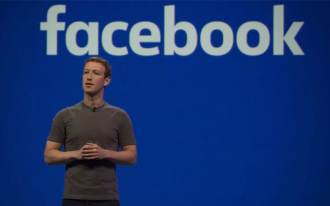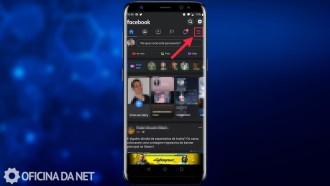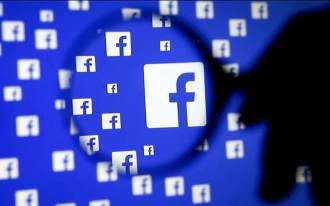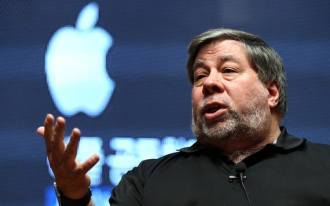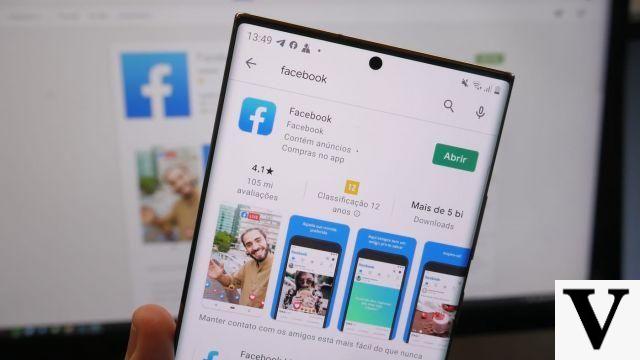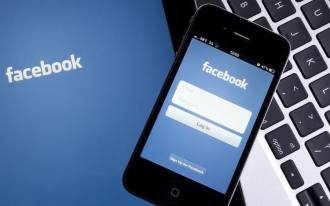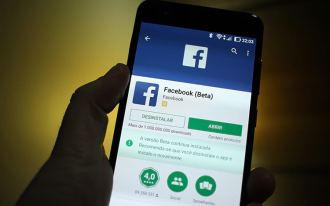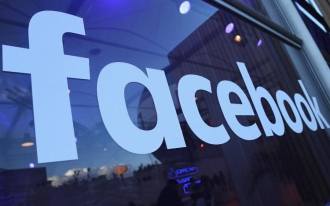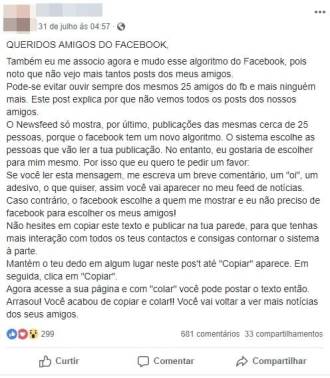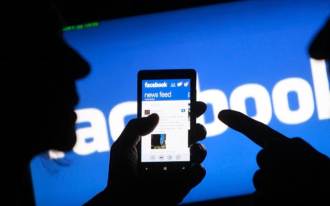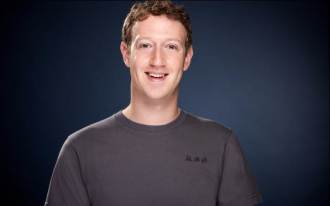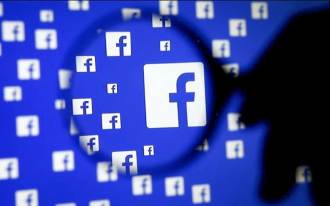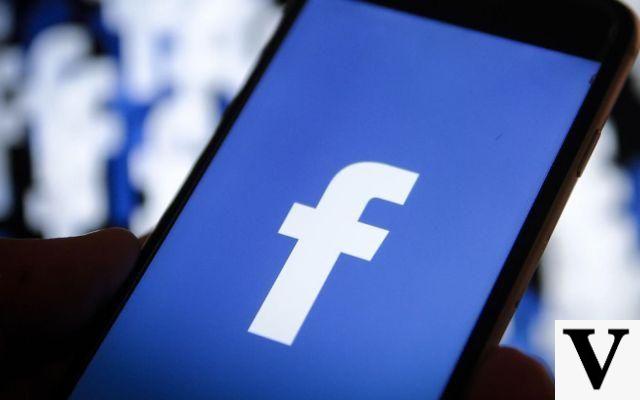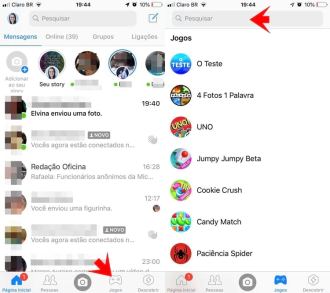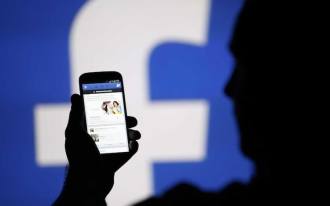This Friday (8), a report published by BBC Spain made a complaint about the existence of an "army" of fake profiles on social networks that would have been used to influence the elections in Spain on at least two occasions.
The method in question would be similar to what the Russians used to manage to manipulate the online debate in the US elections last year. In Spain, the practice may have been in use since 2012.
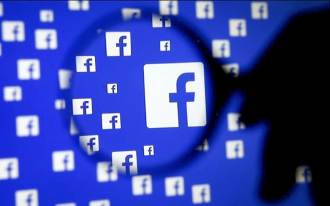
- The 10 biggest social networks in 2022
- Emoticons on the keyboard
The salary of the so-called "activators" varied between R$800 and R$2.000 per month. One of the people hired managed 17 fake profiles on Facebook and Twitter. The profiles in question praise certain politicians and criticize others. Some of them were just in charge of making simple posts, like leaving a "good morning" or "good night", which circumvented Facebook's anti-fakes.
To complete the entire virtual scheme, fake profiles added real people so that they could also influence debates on social networks.
The BBC reveals in the report that at least 13 politicians were involved in the entire fake profile scheme. However, "there is no evidence that politicians knew about this company's activities." Among the politicians cited by the fake profiles are Aécio Neves (PSDB-MG) and Renan Calheiros (PMDB-AL) and the current president of the Senate, Eunício Oliveira (PMDB-CE).
Facemedia is the company allegedly responsible for creating the fake profiles. The company's owner, Eduardo Trevisan, denied that he had hired people for this purpose.
"We never created a fake profile. That's not our job. We do monitoring and tracking of social networks," Trevisan told BBC Spain. "Services in electoral campaigns provided by Facemedia are described and registered by the TSE, in a transparent way. For ethical and contractual reasons, Facemedia does not pass on information from private customers."
Among the politicians involved, some admitted that they had a connection with Facemedia, however, none of them assumed a connection with the fake profiles.
On the other hand, Facebook and Twitter said that fake profiles are prohibited and that they are working hard to stop them.



